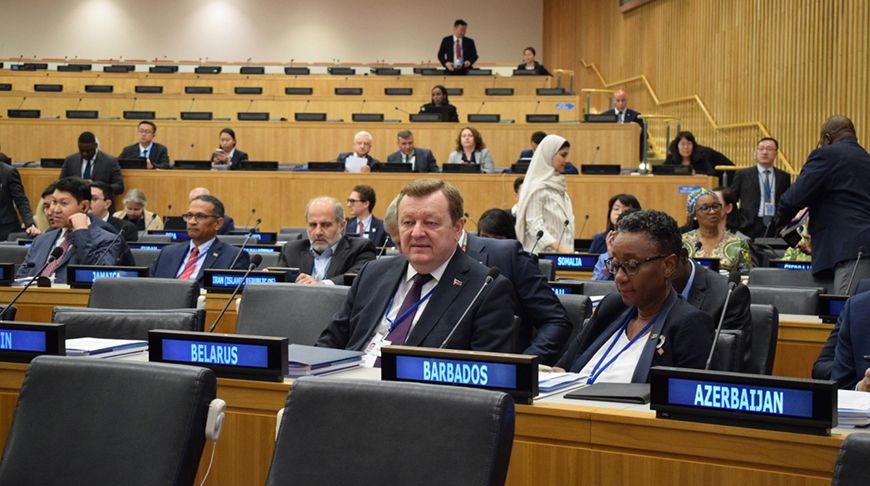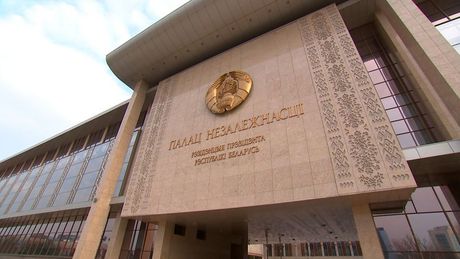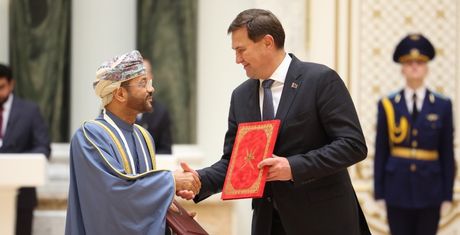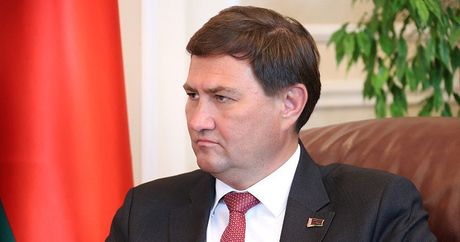Belarus calls for comprehensive UN strategy for middle-income countries
10:01, 22 September

Photo: courtesy of the Belarusian Ministry of Foreign Affairs
Belarus is in favor of adopting a comprehensive long-term UN strategy for middle-income countries, Belarusian Minister of Foreign Affairs Sergei Aleinik said at the 8th Ministerial Meeting of the Group of Like-Minded States in Support of Middle-Income Countries held in New York, BelTA learned from the Belarusian Ministry of Foreign Affairs.
- Share on Facebook
- Share on VK
- Share on Twitter
The Belarusian minister thanked the organizer and coordinator, the Kingdom of Morocco, for organizing the event.
“We all want to create in our own societies a sizable middle class,” Sergei Aleinik said. “We do so, because we believe that it is the best guarantor of peace, stability, and prosperity of the whole nation. The same logic applies to the international context.”
“Indeed, the bigger the number of countries with a stake in the international system, the more the system will be inclined to peace, stability, and prosperity. States would surely have such a stake, if they rise to the middle-income level, at which they can enjoy more respect and more influence. That is why the topic of middle-income countries is so important for all of us,” the Belarusian minister of foreign affairs said.
He went on saying: “However, in our turbulent world there are many other seemingly urgent issues like, among others, geopolitical tensions, the COVID-19 pandemic, climate change that inexorably push the topic of middle-income countries to the ‘backyard'. To its great credit, our Group has been doing its best to prevent this development.”
“Middle income countries constitute a very diverse group of states. They face numerous and diverse challenges. The mere fact of their diversity indicates that ‘one-size-fits-all solutions' to their problems are impossible,” Sergei Aleinik continued. “That requires a nuanced approach that would address those middle-income countries' specificities emanating from their diversity. The best way to achieve this is through a comprehensive long-term UN strategy for MICs.”
The Belarusian official recalled that middle-income countries are the only major group of countries in the United Nations that lacks such a strategic document.
In his words, the idea of a comprehensive strategy first emerged 15 years ago in the Windhoek Declaration at the international conference on MICs, held in Namibia.
“It is high time to implement the idea. Let us reinvigorate our common efforts at the current session to advance the issue,” the Belarusian minister of foreign affairs said.






